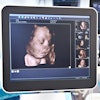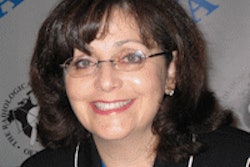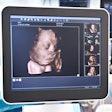Dear AuntMinnie Member,
After years of training, you've done everything you can to land the radiology job of your dreams. But as the job interview approaches, have you really done your homework?
Many interviewees haven't, according to a radiologist who said he's shocked at how unprepared some people are for their big day. Fortunately, Dr. Fred Lee of the University of Wisconsin is offering tips in our Resident's Digital Community on how to nail a job interview.
You'll have to read the article to get the whole scoop, but here's one tip in advance: If you're invited to a meal, don't order the red sauce. Get more by clicking here, or visit our Residents Digital Community at residents.auntminnie.com.
Radiology's top tweeters
Radiologists are taking to social media in growing numbers, finding new ways to communicate and connect with their peers. In a new series, we're profiling radiologists who use Twitter to learn what they're getting from those 140-character missives.
Our first profile is of Dr. Rich Duszak, vice chair of radiology at Emory University and chief medical officer at the American College of Radiology's Harvey L. Neiman Health Policy Institute. Dr. Duszak has taken to Twitter in a big way, amassing a following of nearly 10,000 -- by far the largest among radiologists.
What drives Dr. Duszak to tweet? He finds Twitter to be a powerful tool for engaging people in healthcare-related discussions -- but there is one area he finds off-limits. Find out what it is by clicking here, or visit our Imaging Leaders Digital Community at leaders.auntminnie.com.
Tabár on Canadian study
Finally, the publication earlier this week of data from the Canadian National Breast Screening Study has generated a firestorm of controversy regarding the value of screening mammography. But one expert on breast imaging -- Dr. László Tabár from the University of Uppsala in Sweden -- sees little to like in the latest data.
Dr. Tabár has major concerns about the design of the study, and said he saw firsthand the poor quality of the mammograms being acquired when he was invited to review the trial's work early on. A number of other breast imaging experts also had concerns about the quality of images, he said.
Read more by clicking here, or visit our Women's Imaging Digital Community at women.auntminnie.com.



















